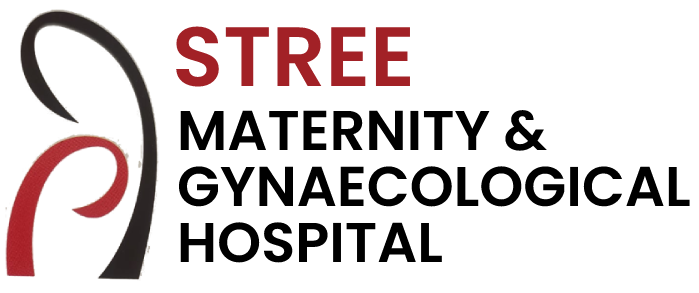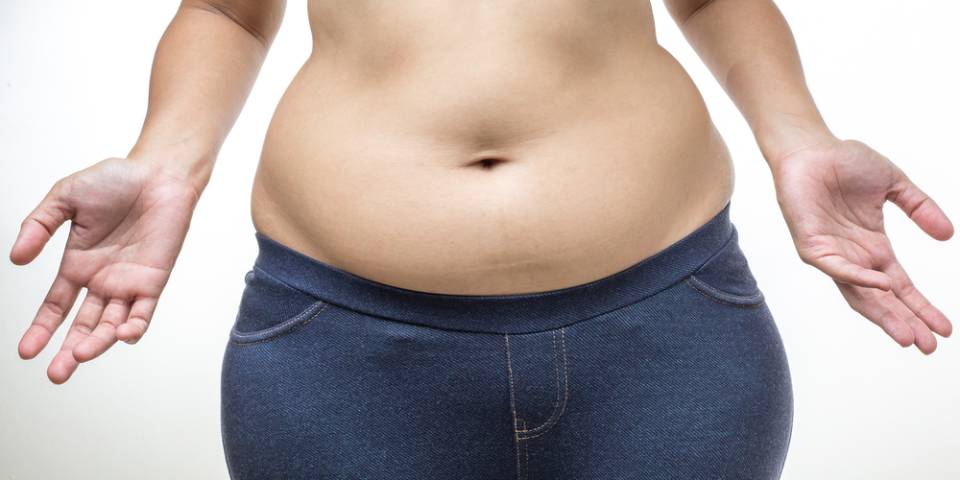Nearly 12 to 18 percent of women worldwide suffer from PCOS or polycystic ovary syndrome. It is an endocrine disorder or hormonal imbalance that affects women of childbearing age, i.e. between 15 and 44 years. Sometimes it happens sooner.
Symptoms of PCOS include:
- Irregular periods.
- Irregular oestrogen-progesterone levels which may affect fertility.
- High androgen levels cause hirsutism (high growth of body and facial hair), male-pattern baldness, acne, and more.
- Insulin resistance
- Weight gain
- Multiple Cysts
- High Cholesterol
- Hunger Pangs
- Depression
Reasons of Weight Gain during PCOS:
- Irregular periods.
- Irregular oestrogen-progesterone levels which may affect fertility.
- High androgen levels cause hirsutism (high growth of body and facial hair), male-pattern baldness, acne, and more.
- Insulin resistance
- Weight gain
- Multiple Cysts
- High Cholesterol
- Hunger Pangs
- Depression
Reasons of Weight Gain during PCOS:
- Insulin Resistance: Women with PCOS have insulin resistance. The function of insulin is to break down complex sugars into simple sugars for better absorption and energy production. Therefore, if the body can become insulin resistant, it will lead to the storage of these sugars, which will eventually lead to an increase in body fat levels.
- Women with PCOS have insulin resistance. The function of insulin is to break down complex sugars into simple sugars for better absorption and energy production. Therefore, if the body can become insulin resistant, it will lead to the storage of these sugars, which will eventually lead to an increase in body fat levels.
- Dysfunctional levels of appetite-regulating hormones Malfunctions and irregular levels of appetite-regulating hormones, such as cholecystokinin, ghrelin and leptin, also cause weight gain.
- Androgen construction: High levels of insulin in the blood trigger the production of the male hormone “androgen”. It causes acne, hair growth on the face and body, and weight gain in the abdomen; This is a typical pattern of fat storage in men. It changes the shape of a woman’s body into the shape of an apple or a pear. In addition, storing belly fat increases the risk of heart disease, so it can be life-threatening.
- Mental stress: Weight gain and irregular hormone levels cause stress and anxiety, which in turn leads to weight gain, especially in the lower body. This becomes a continuous cycle.
- Lack of sleep: Loss of sleep due to physical, mental or emotional stress increases the level of appetite control hormone, “Ghrelin”.
How to lose weight gained due to PCOS?
A well-balanced diet is essential to reduce the weight gained during PCOS. For best results, you should consult a gynecologist and a nutritionist. It should be a high-fiber, low-sugar diet full of fruits, vegetables and whole grains. Small meals about four to six times a day can help control your blood sugar instead of the traditional three big meals. Regular yoga exercises or exercises lasting almost 30 minutes. Stop smoking and drinking alcohol.

